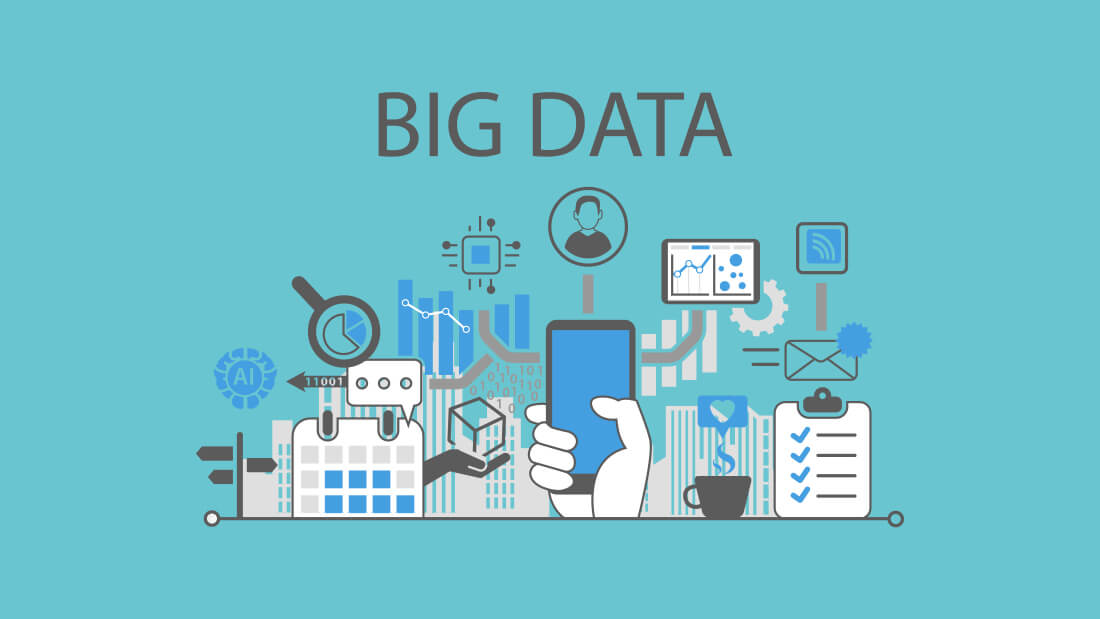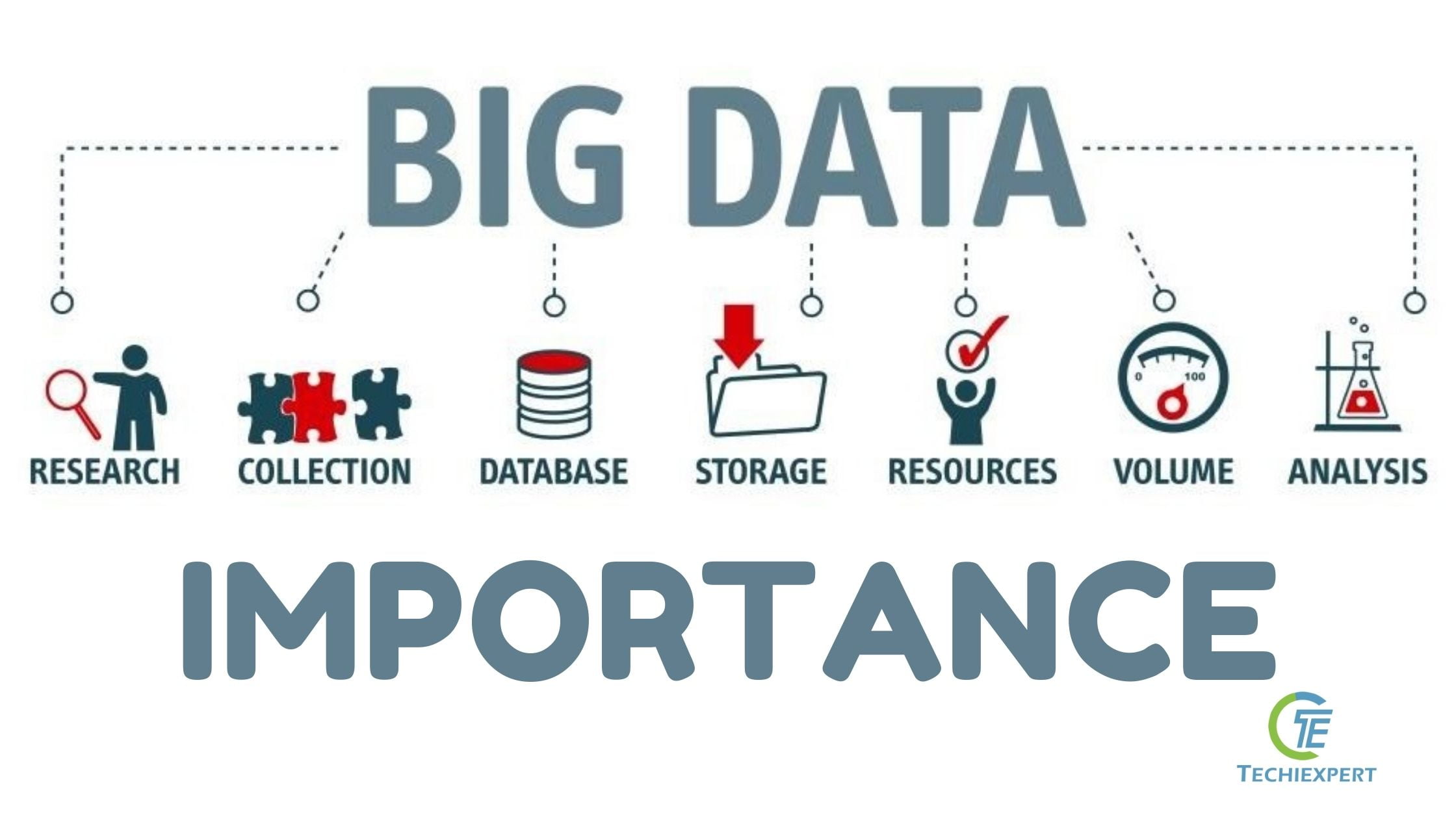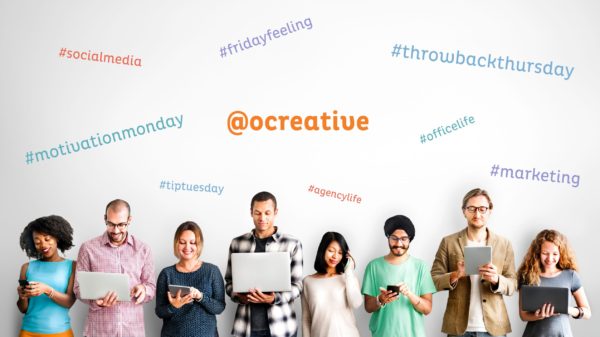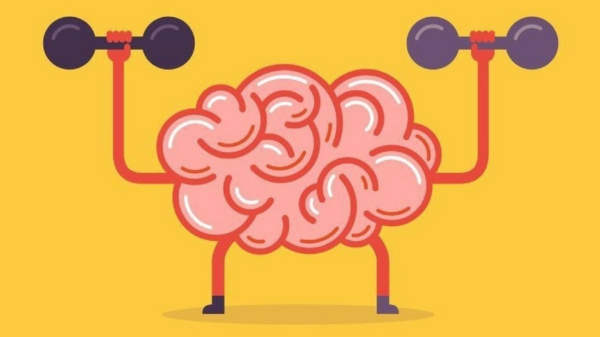Did you know that 77% of consumers do their product research online before they decide to purchase? And did you also know that 57% of those who conduct this research on smartphones will make their final decision using that phone?
So, where does this leave companies today? How can a company sell more products if there are all these new findings and market trends? How can a company communicate with customers in an age of big data?
What is Big Data Anyway?

At its simplest, ‘Big Data’ refers to massive amounts of digital information that companies collect and store on their clients. But ‘Big Data‘ does not really account for all the information you need if you want your business to be successful. The term ‘Big Data’ only means that the amount of information you collect is so vast, it would take more than one person to look at it all in a lifetime (this is what we call big).
There are two parts to Big Data: the first part refers to the fact that there is such deep data, and the other part refers to how this data can be stored and processed digitally by using science and technology. Yes, endless digital storage spaces do exist. Google Drive has over 4 petabytes of space (that’s 4 million GB) for just one user! How amazing is that? And don’t worry about having that much information on your computer right now. All these limitless databases mean new ways of accessing and using information.
The Importance Of Big Data In The Digital World

In the digital world, companies need to know how to use this information management method and processing for their own benefit. There are so many ways that big data can be exploited in business. From creating new products based on clients’ tastes or predicting whether customers will like a product to better targeting advertising campaigns – all these require knowledge about consumer behavior. And the best way to get this is through the analysis and storage of big data.
What Is Big Data Analytics?

Big Data Analytics refers to one of the newest methods of analyzing large amounts of information using automated tools (like analytics software). With this type of analysis, you can unlock more information about your customers’ needs and wants, allowing you to make better decisions on your business.
Big Data Analytics will not just help you with figuring out what products or services to create next for your company. It also helps in understanding how much money you can spend on advertising and marketing campaigns. And based on data analytics, there are many new ways that businesses can advertise their products and reach more customers (all over the world!). With big data analysis reflecting consumer behavior, companies can see which ads resonate with their target audience no matter where they live in the world.
How Big Data Can Help Improve Customer Engagement Online

When you have so much information about your consumers stored online, you can research customer preferences more effectively and learn how to keep your customers happy.
According to Google, 60% of consumers who have an outstanding experience with a company are more likely to repurchase that brand’s products and recommend them to others. This is why engagement is one of the most important factors when looking at digital marketing strategies online! In fact, this is where big data can really help.
Big Data Is Helping Companies Get To Know Their Customers Through Real-Time Feedback

Because today’s market trends about consumer behavior always change so fast, companies are now using big data analytics to understand consumer behavior patterns better and take advantage of new opportunities in business – all through real-time feedback from their consumers.
From the analysis and processing of big data, companies can look at where their products are being used and how often. They also get to see how their products are being consumed – whether it is online or offline.
Companies can determine which digital marketing strategies will be most effective for reaching consumers while learning as much about customers as possible from this information.
Big Data Is Not That Big Anymore: The Future Of Businesses In The Digital Age

With new technologies in place today, there are so many ways that companies can analyze consumer behavior more effectively than ever before. This gives them a chance to better cater to their target audience that wants to increase sales and revenue. With bigger data storage methods and better data insights software, companies will have a larger chance of reaching consumers no matter where they are global—all to increase sales and revenue.
The future of business in the digital age is all about big data. Data analytics opens up a world of possibilities for new products, new marketing strategies, and better customer engagement!
From this analysis, companies can determine which online strategies will be most effective for reaching consumers while learning as much about their customers as possible. From here on out, businesses can spend more time making sure that they meet consumer needs than ever before.
And with consumers able to give feedback on how companies are doing at any given moment on social media platforms like Twitter or Facebook — there’s really no hiding place!
So with big data analysis, social media, and cloud storage facilitating this process for companies worldwide. It is time that you, as a business owner, started rethinking your digital marketing strategies to meet these new challenges.
“The most underrated skill in business today is the ability to persuade people.” Jim Rohn
It’s about time that ALL businesses rethink their digital marketing strategies because they need to sell more and win over their customers online! In other words, every B2B & B2C company has to know how to engage with their customers in real-time strategically! With or without any data analytics software.
Opinions expressed by AsianBlurb contributors are their own.
Maham Qasim is an English Literature and Economics student at Forman Christian College University with an interest in writing. Maham was born in Pakistan and raised in Saudi Arabia and is now pursuing her education.




































